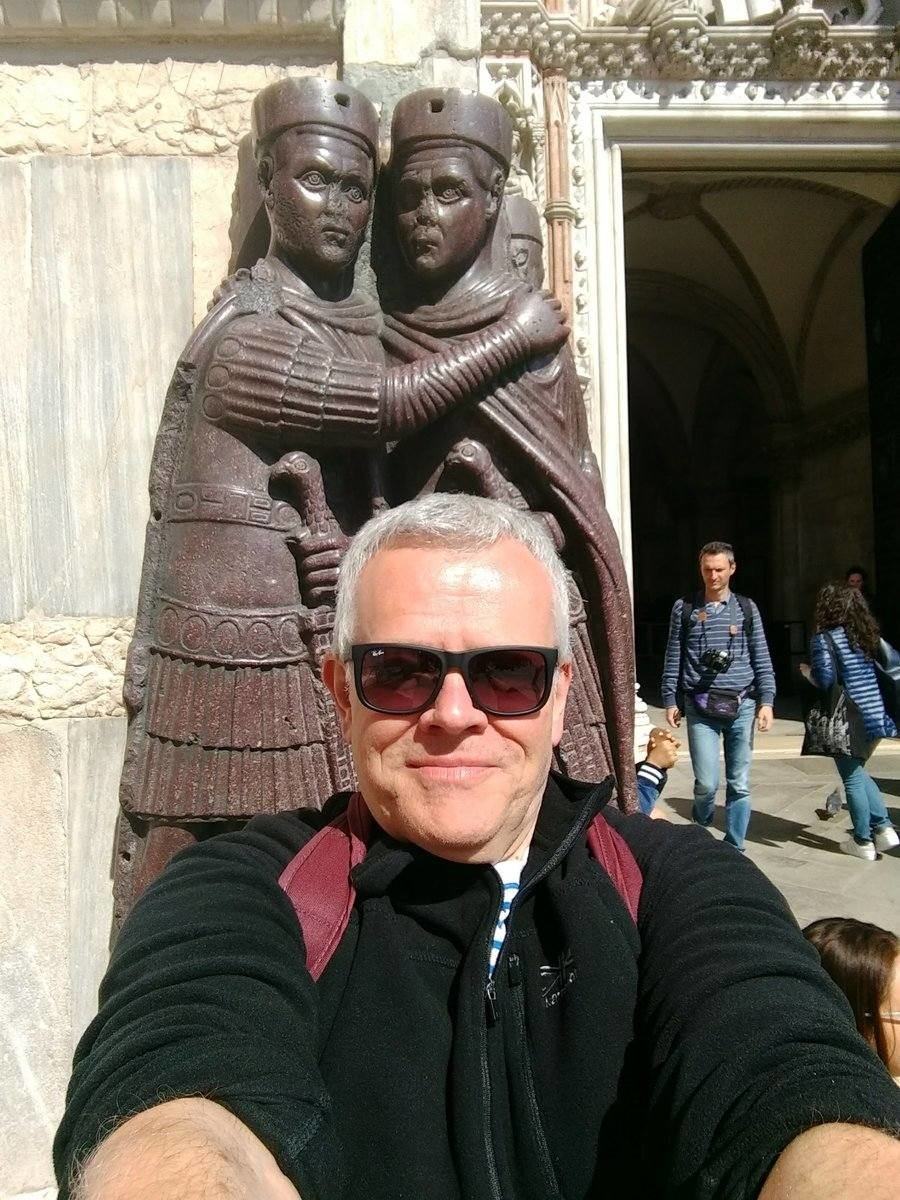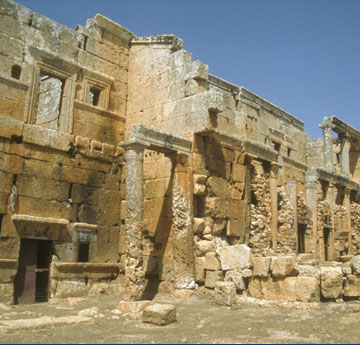The Challenge
In wars and civil conflicts ‘cultural property’ (historic buildings and archaeological sites, religious structures, museums, art galleries, libraries and archives and the contents of those buildings) is often destroyed or damaged through deliberate targeting, accidental damage during fighting and occupation, and looting when security breaks down.
Cultural sites often cement community and national identities with the cumulative importance of cultural heritage helping construct global history and identity.
The destruction of cultural property impacts on people, individuals and communities, living nearby and across the globe, and, in essence, impacts on what makes us human.
The Method
Professor Nigel Pollard is leading research that contributes to the protection of tangible cultural heritage in conflict zones across the world.
His most recent research has focused on the damage to, and protection of, cultural heritage in the Second World War. Working with archival documents, maps and photographs from the time, he has investigated the activities of the real-life historical unit that formed the basis of the ‘Monuments Men’ film and the 1943 Allied bomb damage to Pompeii.
In his work Professor Pollard presents historical case studies to modern audiences to demonstrate how damage to cultural heritage happens and provide lessons (on targeting, intelligence, security) that can be applied to contemporary conflicts so that cultural damage can be prevented or minimised.
Much of Professor Pollard’s engagement with contemporary issues is carried out through the UK national committee of Blue Shield, an international organisation that successfully lobbied for the 2017 UK ratification of the 1954 Hague Convention on Cultural Property in the Event of Armed Conflict.
Professor Pollard has taken part in the training for the British military Cultural Property Protection Unit and works with UK and other military personnel on a regular basis. He also participates in UK government consultations on cultural property protection.
Externally funded sub-projects
The British Academy: Protecting and Reconstituting Museums in Times of Conflict. An Historical Case Study from Wartime Naples. (£5102.82 awarded 2018 for 2018-January 2020)
Leverhulme Trust: Soldiers as ‘Cultural Tourists’ in Wartime Italy, 1943-45 (£54,199, awarded March 2020 for February 2021 to January 2022)










